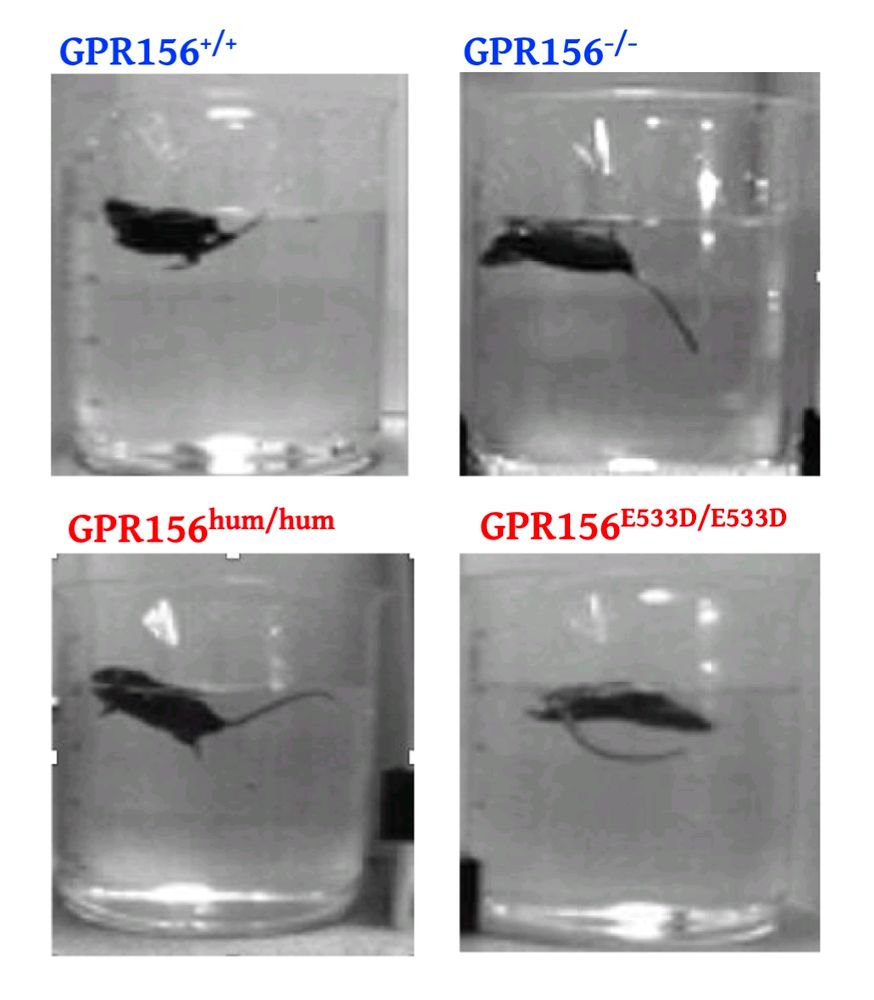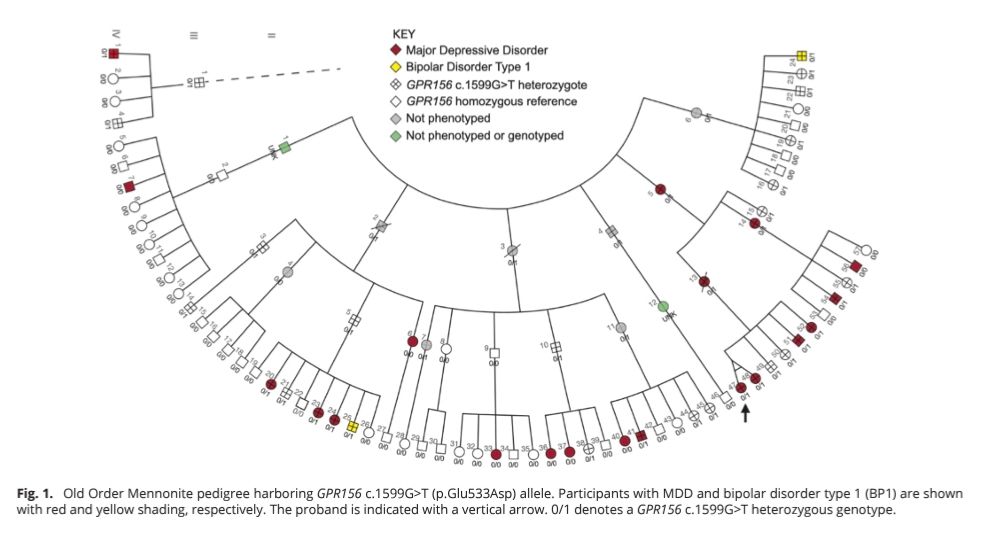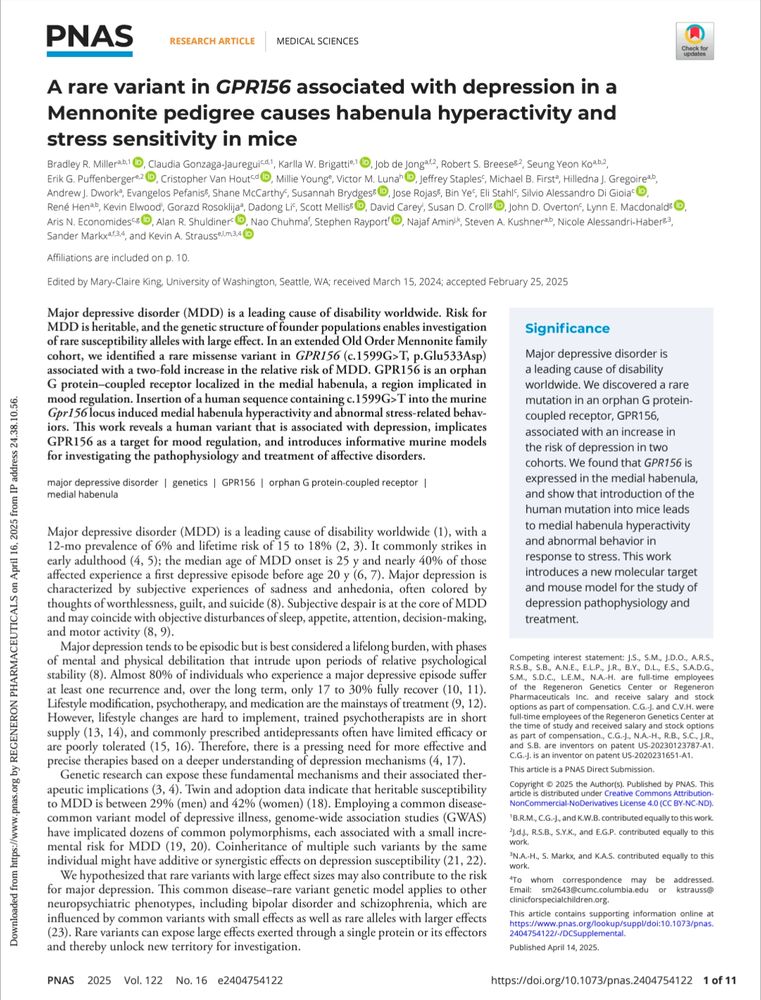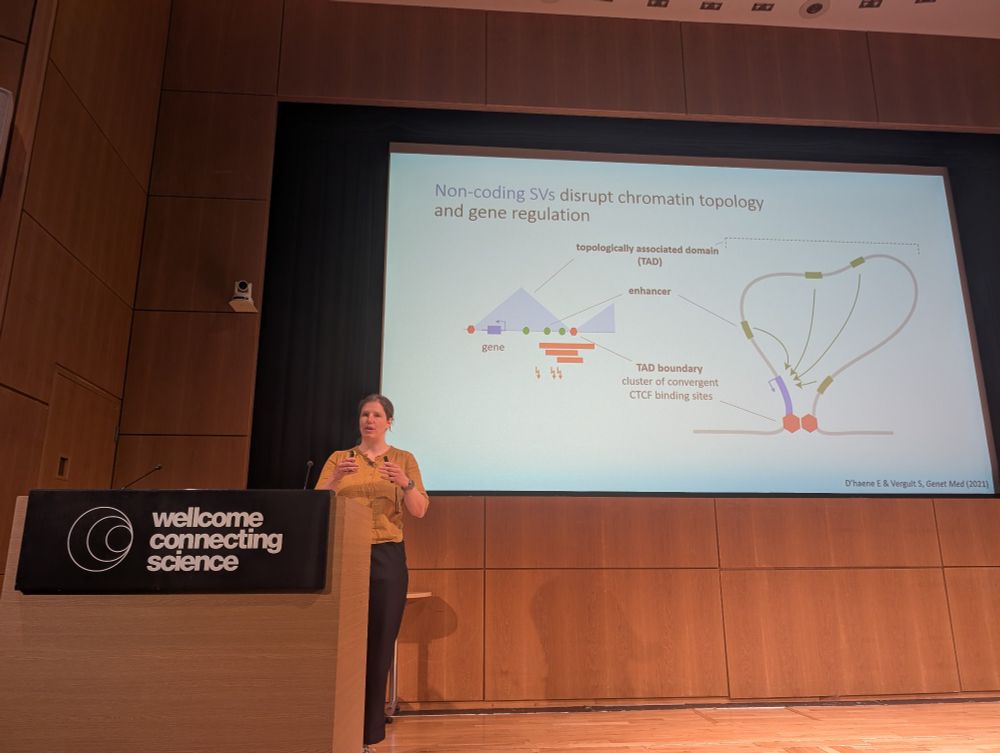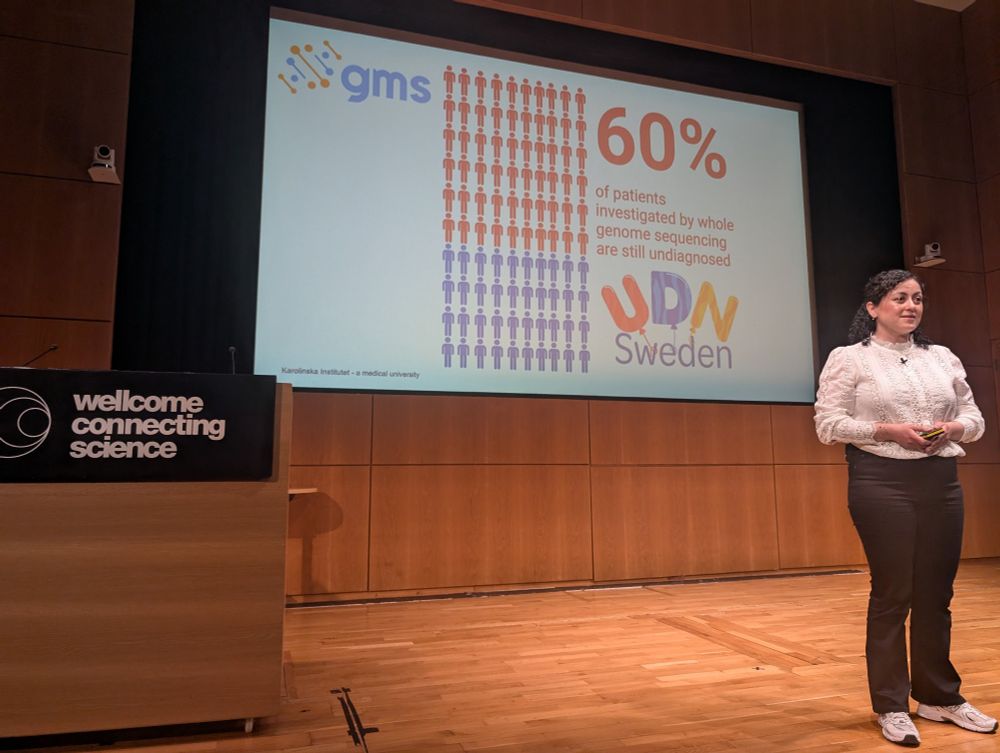Claudia Gonzaga-Jauregui
@cgonzagaj.bsky.social
1.2K followers
150 following
140 posts
Human Geneticist/Genomicist working on Mendelian & rare genetic disorders to enable Precision Medicine. Opinions are my own.
@cgonzagaj everywhere 🐦🦣☁️🧵
Posts
Media
Videos
Starter Packs
Reposted by Claudia Gonzaga-Jauregui
Reposted by Claudia Gonzaga-Jauregui
Reposted by Claudia Gonzaga-Jauregui








